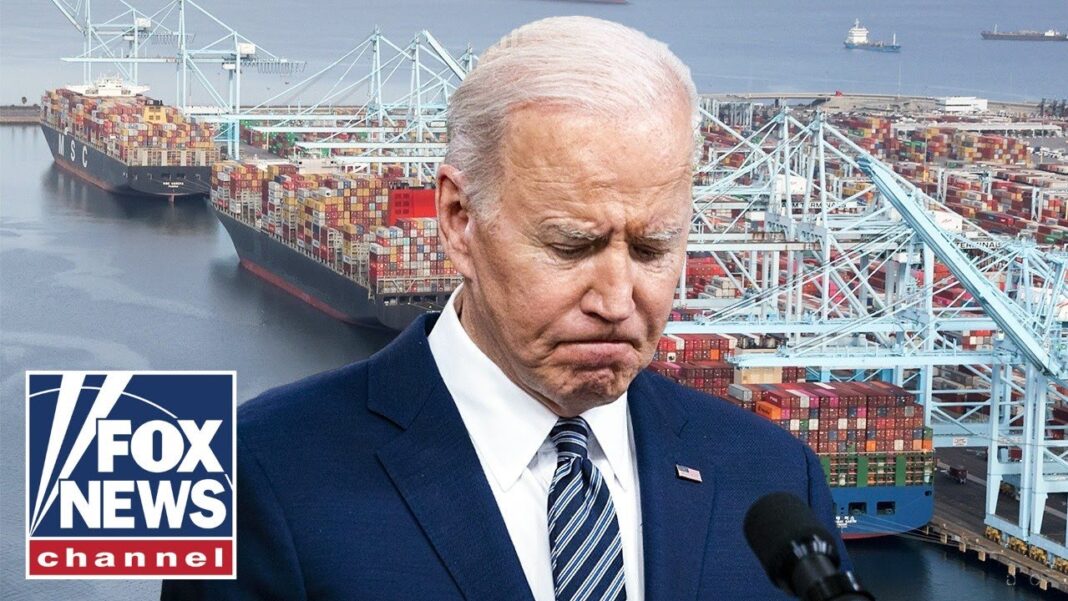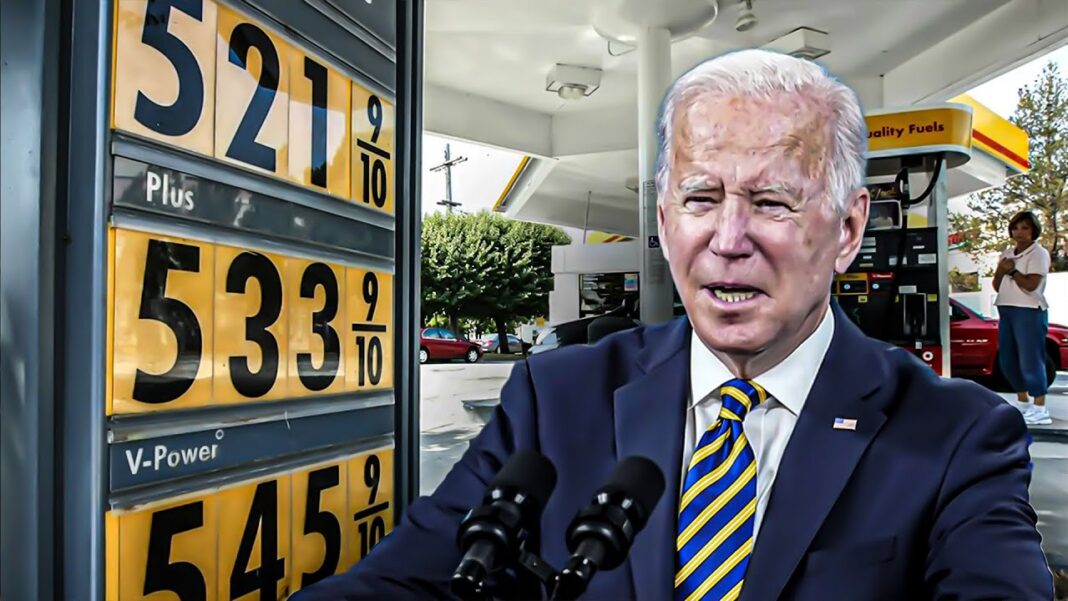
As the pandemic engulfed the world in 2020, a top U.S. scientist that had for years worked with the Wuhan Institute of Virology (WIV) actively tried to help Chinese researchers at the lab counter concerns that the virus might have originated from the facility, newly released emails show.
These efforts include alerting Chinese scientists of U.S. investigations into the lab and providing them with a list of questions to answer to help respond to outside concerns.
Meanwhile, the U.S. scientist James LeDuc, the then-director of the Galveston National Laboratory at the University of Texas Medical Branch (UTMB), and his colleagues, engaged in a concerted effort to strengthen their partnership with the Wuhan institute, even as scrutiny over the lab as a potential source of the outbreak mounted as the pandemic progressed, the emails revealed.
On April 16, 2020, as Beijing was facing rising scrutiny over how it had handled the COVID-19 pandemic and whether it had a role in starting the outbreak, an email titled “Rubio” landed in the LeDuc’s inbox.
“I heard from someone in government this evening that Senator Rubio is starting to push for AN investigation regarding Wuhan lab,” the email read. “Just found it on the web at Forbes by Kenneth Repoza. Title of article is “eight senators call for investigation into coronavirus origins.”
The email was from David Franz, a former commander with the U.S. Army Medical Research Institute of Infectious Diseases and retired colonel. Both scientists had years of contact with the WIV, the facility at the center of speculation over whether the virus may have been leaked from it. LeDuc’s Galveston National Laboratory, in particular, had been working with the WIV and other Chinese virology centers for years on training and collaborative projects.
“Thanks for the heads up. Clearly the topic of the day. Time to pile on and find a scapegoat,” LeDuc wrote back.
In no time, LeDuc forwarded the email to Shi Zhengli, a top scientist at the WIV nicknamed “bat woman” for her research related to bat coronaviruses, to warn her about the investigation. Shi is the head of the facility’s Center for Emerging Infectious Diseases and deputy director of WIV’s Wuhan National Biosafety Laboratory, the country’s first biosafety-level-4 (P4) laboratory that opened for operation in 2018.
By Eva Fu







